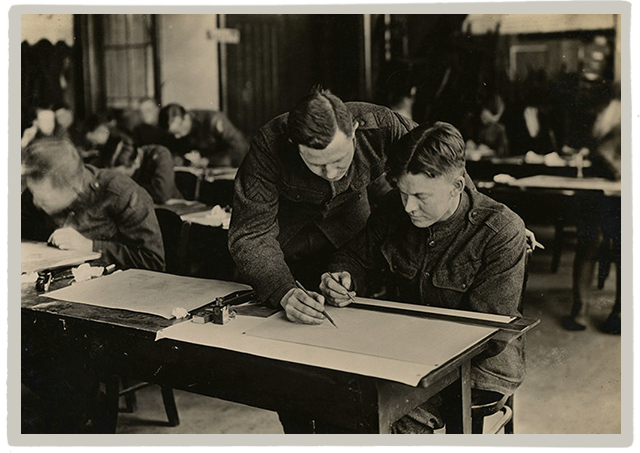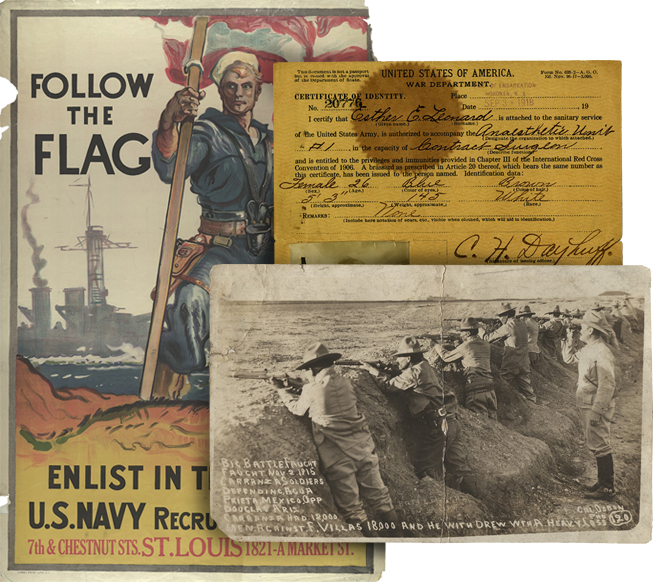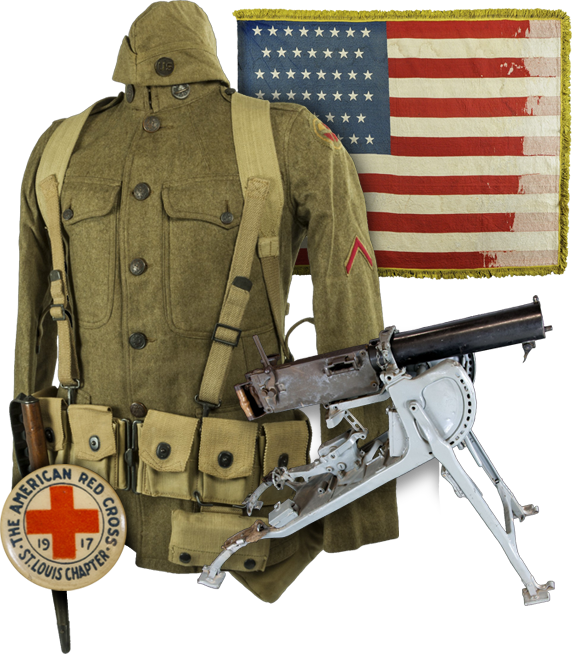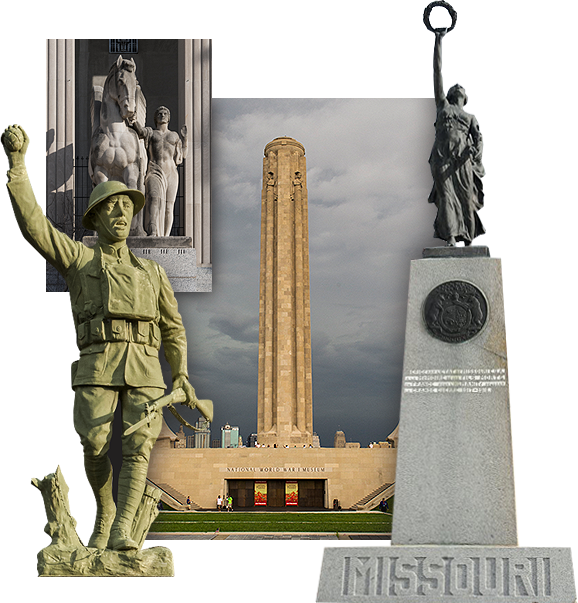Theodore Graebner letter to W.F. Dannenfeldt - March 29, 1919

Transcript
March 29, 1919. Rev. W.F.Dannenfeldt. Buhl, Idaho.R.I. Dear friend and brother.- Your lines of March 25th are at hand. Whether we preach English or German or Norwegian or Swedish depends in every case upon circumstance. If the command to preach the gospel to every creature were to be understood in the sense that every minister must preach the gospel to all persons in the community in the languages which they understand then our ministers have sinned most grievously during the past seventy years by not preaching regularly in the English language wherever the community had as much as five or six people who understood no German. Surely those creatures who understand only English are as much entitled to the gospel as those creatures who understand only German. If conditions are such that we can not serve the English and the German and the Norwegian, swedish, Russian, Spanish, etc., part of the community for all of whom Christ died and who are entitled to the gospel
Details
| Title | Theodore Graebner letter to W.F. Dannenfeldt - March 29, 1919 |
| Creator | Graebner, Theodore |
| Source | Graebner, Theodore. Letter to W.F. Dannenfeldt. 29 March 1919. Graebner, Theodore Collection. Concordia Historical Institute, St. Louis, Missouri. |
| Description | Letter from Professor Theodore Graebner to Reverend W.F. Dannenfeldt discussing the question of preaching in German or English. Graebner offered his advice to Dannenfeldt concerning the issue to comply with the Council of Defense. Following World War I, anti-German sentiments rose across the county. Several states passed legislation forbidding the teaching of German in both public and private schools. The Lutheran Church was divided by the conflict on conducting services and religious instruction in German. |
| Subject LCSH | German language; World War, 1914-1918--Public opinion |
| Subject Local | WWI; World War I |
| Contributing Institution | Concordia Historical Institute |
| Copy Request | Transmission or reproduction of items on these pages beyond that allowed by fair use requires the written permission of the Concordia Historical Institute: 314-505-7900 |
| Rights | The text and images contained in this collection are intended for research and educational use only. Duplication of any of these images for commercial use without express written consent is expressly prohibited. |
| Date Original | March 29, 2019 |
| Language | English |



